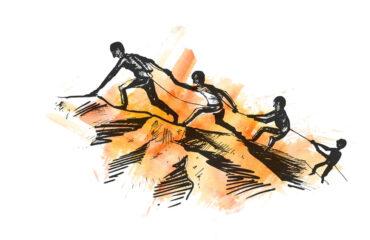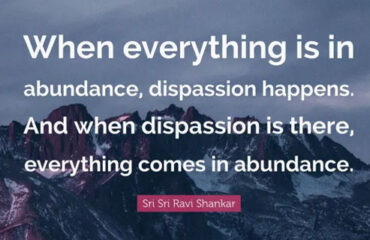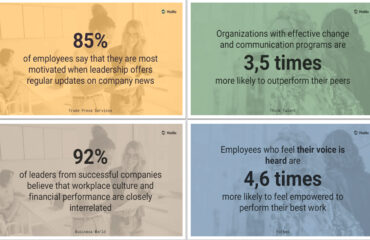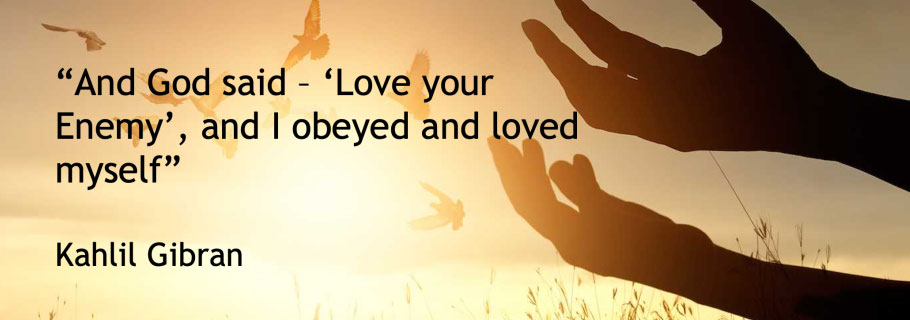
We, the Saboteurs: Overcoming Self-Sabotage for Personal Growth
Explore the concept of self-sabotage and its impact on personal growth. Discover strategies to identify and overcome self-sabotaging behaviors, fostering a path to success and fulfillment. This powerful quote took me thinking. There is no doubt that we are our worst enemy. If we reflect, we will discover that we often stand in our way of desired outcomes with self-limiting, sabotaging unconscious behaviours. Our internal dialogues, thoughts and limiting beliefs often stand in our way of performance, growth and progress.
Timothy Gallwey, in his famous book “Inner Game of Tennis”, mentions that there are two major games we play in life. The first game is the one that he calls the outer game, and it is played against a physical opponent and where we grapple with external obstacles and reach external goals.
The other game is the inner game that is played in the player’s mind and against our inner self-doubt, nervousness, lack or lapses in concentration. We play this inner game within our minds to overcome the habits that inhibit performance excellence.
The inner game is strange. It is not about “not knowing what to do” but about “not doing what is known”. Even when known, there are times when the mind plays havoc and sabotages our performance, and we are left with the question, “Why and how?”
The answer may lie in the conversation we have with ourselves. And these conversations stem from what is “told” to us as standard ways of doing things in certain situations. It is like someone teaching us how to get that perfect forehand smash in tennis. The “shoulds”, “musts”, “need to”, and so on. It seems they are the commandments that are the only ways to achieve specific outcomes.
The mind then starts judging and assessing our performance based on the expected outcomes from what has been “told” to us. And those judgements create our internal dialogues. The focus goes inwards, trying to internalise the instructions “told” to us rather than focusing on the external. When we go deep within during a performance, we lose focus on what is required externally. And when we go internal, that constant mind chatter causes interference in our external output.
And this interference impacts our potential. Gallwey came up with this equation –
Performance = Potential – Interference
So our performance is equal to our potential when you remove the interference.
When it comes to Potential, it is infinite and by that virtue is considered a constant. The interference is the differentiator: the more the interference, the lesser the performance and vice versa.
Gallwey uses this beautiful quote to elucidate why Potential is a constant.
“A rose is a rose from the time it is a seed to the time it dies. Within it, at all times, it contains its whole potential.”
When it comes to interferences, the challenge is that most of the time, these are at an unconscious level. Our survivor brain takes over and beats us up with our internal dialogues compelling us to judge and assess ourselves against the set standards and what has been “told’ to us.
Dealing with Interference
At a personal level, a simple model like the one below may be helpful.
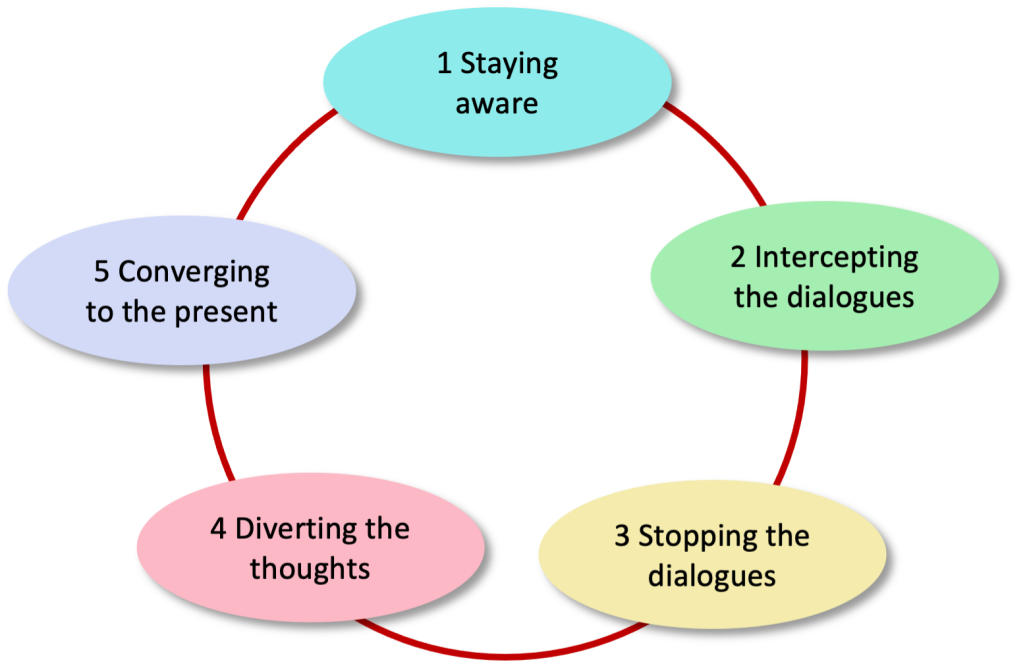
- Staying aware: Mentally alert to the thoughts and dialogues
- Intercepting dialogues: Using the self-command to intercept the thought
- Stopping the dialogues: Forceful intervention to stop the internal dialogues
- Diverting the thoughts: Intentionally strategising for diverging
- Converging to the present: Coming back to an external focus
- Staying aware: Back to being aware
For a Coach
As coaches, our objective would be to support clients in enhancing their awareness so they can better identify and eliminate the interferences. Also, be there as a coach, say less and notice more to pave the way for the client to move towards their desired outcome. Another objective for a coach is to help clients let their unconscious minds absorb images of the outcome and not speak or instruct. That way, they can reduce or even eliminate the interferences and be more uptime when working with their challenges.

